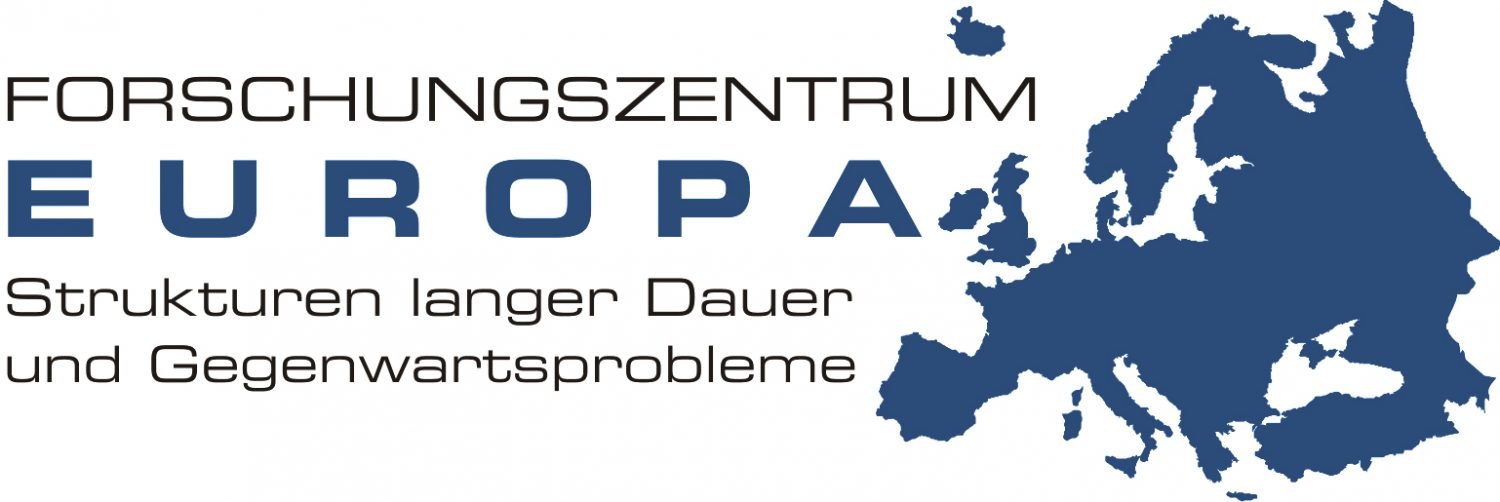At a time when there is hardly a discourse more virulent than that of the alleged clash of civilisations between ‘East’ and ‘West’, my PhD project aims at investigating the current state of Orientalism in recent European and North American fiction. By analysing English-, French- and German-speaking novels depicting the so-called ‘Arab Spring’, Islamist terrorism and fictional Muslim takeovers of Western countries, I wish to retrace the literary (re?)framing of ‘Oriental’ spaces since 2011.
While at least for a short period, intellectuals such as Slavoj Žižek or Hamid Dabashi hailed the ‘Arab Spring’ as a chance to override fossilised dichotomies, no such post-Oriental paradigm shift has manifested in the literary realm. Rather than creating new spaces of solidarity, narrative strategies – even when ironising – tend to rely on stereotypes regarding ‘the Arab’s’ alleged affect-driven behaviour, propensity for violence, lust, backwardness, passivity, and inability to establish democracy or rule of law. Furthermore, the binary of security vs. threat has recently regained momentum up to a point of bringing into prominence a genre which we might call Islamodystopia.
By means of a transnationalist synchronic close reading and by drawing on the social constructivist concept of securitisation, I will examine how configurations of (Orientalist) stereotypes and subversive tropes frame literary projections of those developments regarding the Middle East most widely received in Western mass media. By thus identifying both processes of cultural othering and cosmopolitan inclusion, I hope to shed some light on the increasing securitisation of Arabs and Muslims and to answer the question of how Western fiction with an ‘Eastern’ sujet negotiates, condensates and narrativises the (de)construction of diversity.

